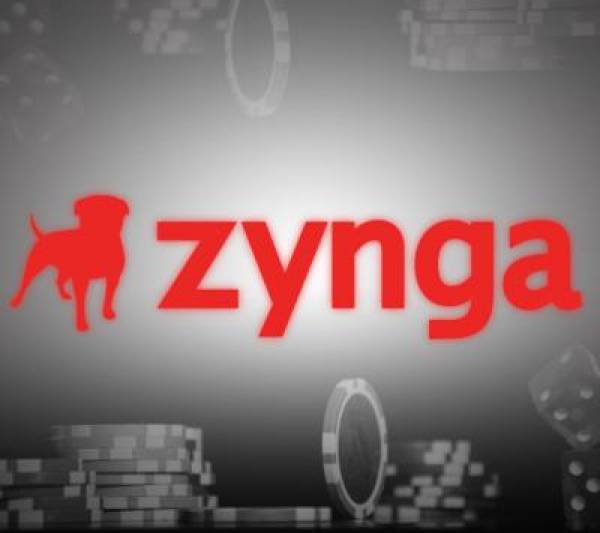Zynga Shares Plummet as Company Won’t Enter US Online Gambling Space

SAN FRANCISCO (Reuters) - Zynga Inc will largely abandon its long-running efforts to build a real-money gaming business in the United States, a prospect investors once believed to be the struggling company's sole lifeline.
The surprise announcement came as the company behind once-popular games such as "Farmville" and "Words with Friends" reported it lost 40 percent of its monthly active users in the second quarter, as it bleeds mobile gamers to aggressive rivals.
Don Mattrick, the former Microsoft Corp Xbox boss who replaced founder Mark Pincus as chief executive this month, said the company needed to go back to basics, anticipating two to four quarters of volatility as it "resets" its business plan.
The company's shares dived 14 percent to $3.02 in afterhours trading, or about 70 percent off its $10 IPO price.
"Zynga is making the focused choice not to pursue a license for real money gaming in the United States," the company said in a statement. "Zynga will continue to evaluate all of its priorities against the growing market opportunity in free, social gaming, including social casino offerings."
Zynga once promised investors that it could tap into a potentially lucrative new revenue stream by launching real-money casino games around the world. The effort kicked off this year in Britain, where such games are highly regulated.
But real-money gaming continues to be illegal in many U.S. states, despite signs state regulators will begin to permit games such as poker. Zynga, whose first game was an online version of poker, could wind up in a regulatory tangle for months, if not years.
Its withdrawal from the scene deals another blow to a company that has steadily lost the endorsement of Wall Street.
Zynga developers once flooded the market with dozens of titles from cooking games to bingo variations; its dealmakers splashed money around to snap up smaller rivals; and its managers opened studios in cities around the world. Its 2011 market debut was among the most anticipated of the year.
But in just the past year or two, its business model has crumbled as it increasingly lost online gamers to rivals more adept at designing for mobile devices or catering to a fickle, younger crowd.
Executives have pleaded for time to turn around the company, arguing to investors that greater fiscal discipline and execution would stabilize Zynga's position, while a foray into casino-style, real-money gaming could pay off handsomely in the long run.
That thinking has changed in recent months within the upper echelons, with founder Mark Pincus and his successor opting for a return to Zynga's roots with free social games such as FarmVille, which catapulted the company to stardom in 2009.
"We need to get back to basics and take a longer term view on our products and business, develop more efficient processes and tighten up execution all across the company," Mattrick said in a statement.
ROCK-BOTTOM EXPECTATIONS
On Thursday, Zynga reported quarterly results mostly in line or better than investors' already low expectations.
Zynga reported $231 million in quarterly revenue on Thursday, a 31 percent drop from a year ago, as the struggling game publisher continued to lose gamers.
The number of active monthly players dropped to 187 million this quarter from 306 million a year ago, its lowest since mid-2010. The company, which has acknowledged fundamental problems with its business model, went public in December 2011 at $10 a share.
Excluding certain items, Zynga posted a 1 cent per share loss, compared with a 1 cent profit a year ago. That was better than the 4 cent loss analysts expected, according to Thomson Reuters I/B/E/S.
Zynga reported $188 million in bookings, which is a measure of the value of virtual goods bought by players during the three-month period ending June 30. That is a 38 percent drop from $302 million a year earlier.
The company's stock was down to $3.02 after hours from a close of $3.50 on the Nasdaq.














